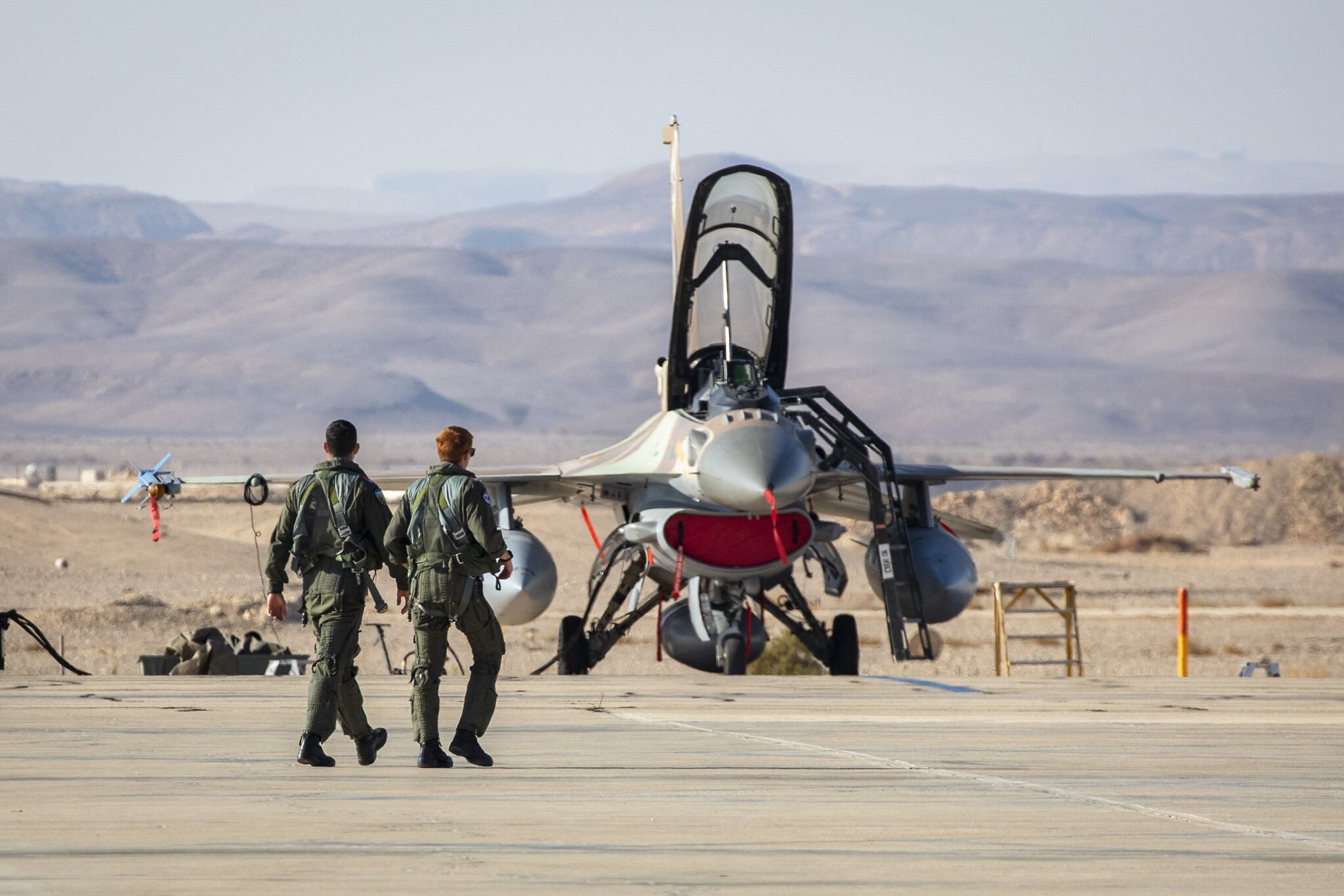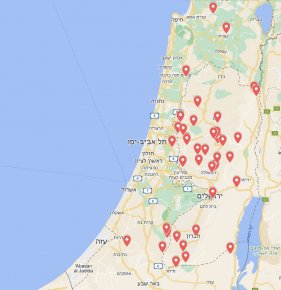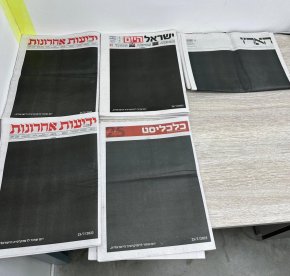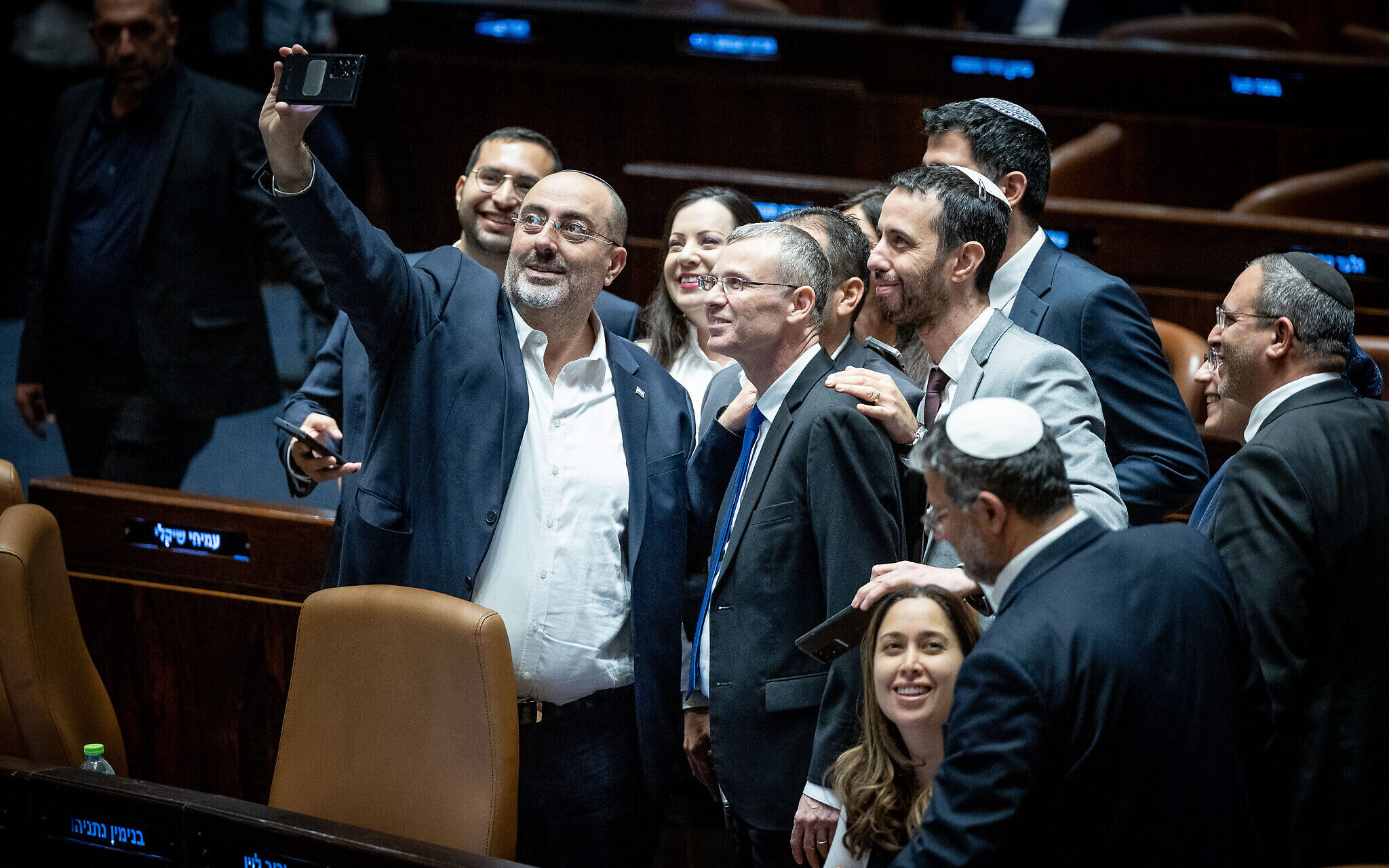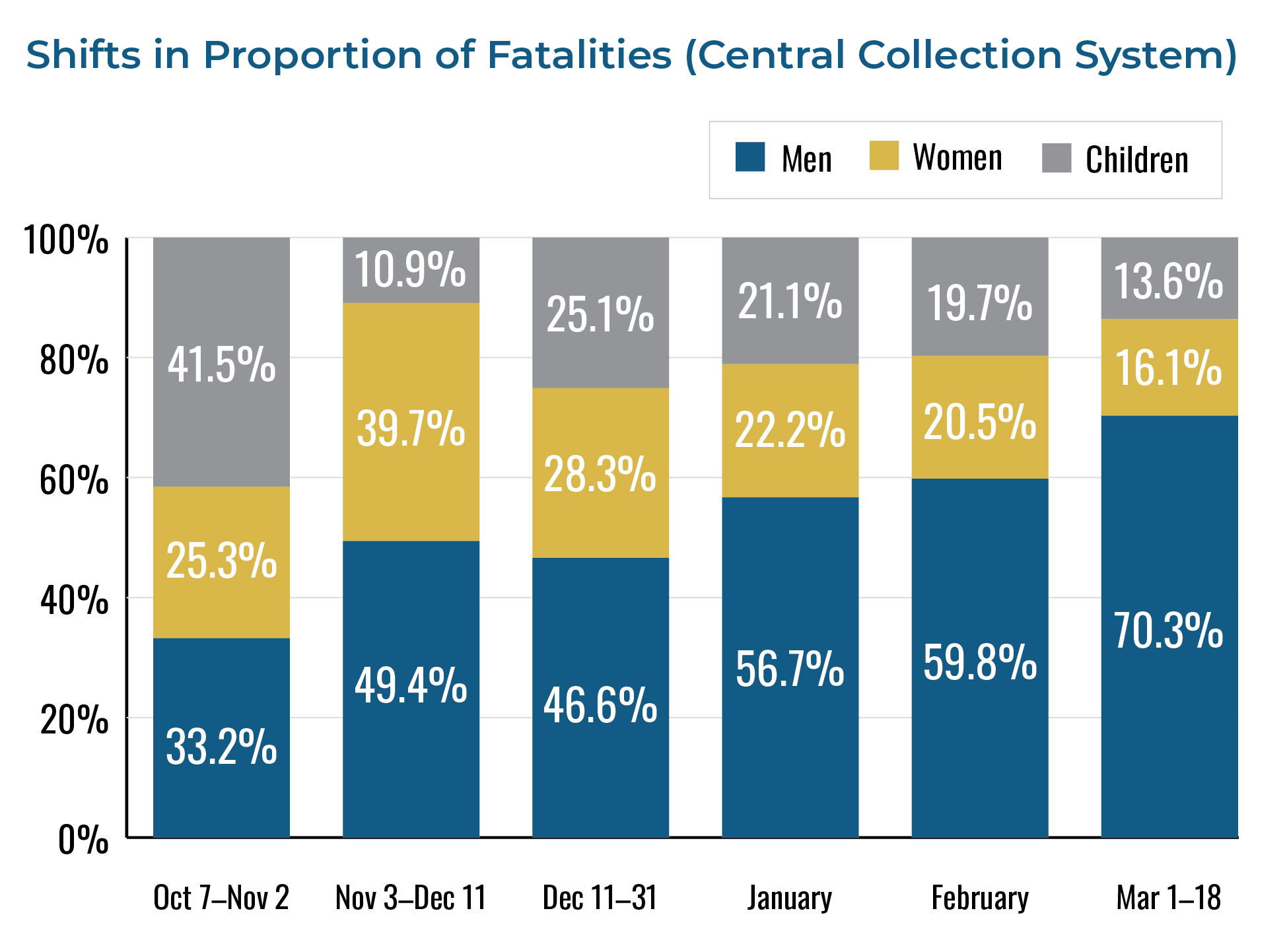Big_Zucchini
Well-Known Member
In January 1st, 2023, Israel's new and current government was sworn in. That day marked the practical beginning of Israel's free dive. Economical, demographic, security, and social calamities fill up every front page, but also every other page.
An estimated $50 billion in potential revenue were wiped, reservists that form the backbone of the military, especially those in the most critical positions - refuse to serve, and the entire population that forms the military, holds the entire economy, and generates all the high quality manpower, are now actively branded as traitors and anarchists.
One particularly notable calamity that is likely to hit Israel like a brick wall at 200km/h is a US reassessment of relations with Israel.
This here is a Twitter thread by Omer Dank, a former combat navigator in the IAF.
He asserts that Israel's AF is disproportionately powerful due to 3 key factors:
1. A unique array of maintenance capabilities.
2. A unique reserve service and volunteering model.
3. Assistance from the US in the form of monetary aid as well as access to pre-paid technologies and systems.
Pillar #2 is practically gone.
Pillar #3 is now under severe threat.
And pillar #1 won't hold on its own.
The remarks by US ambassador to Israel, Tom Nides, are dangerous for Israel, and they come in response to the Knesset passing in 1st call a law that would nullify the "Reasonables Clause", that currently allows supreme court judges to overrule a government policy or Knesset law by claiming it is unreasonable.
Although it might seem like a minor thing, it is practically the last barrier between democracy and dictatorship in Israel's very fragile system of checks and balances. Since Israel has no constitution, it relies on ad-hoc legislation triggered by momentary needs rather than an organized and well thought system.
Protests nation-wide are ramping up, but they have yet to turn violent. The future is very uncertain, and prospects of overthrowing the government and installing a new one are going to rely on the democratic camp's resolve. Particularly, its ability to turn to more forceful measures if the government won't relent. For now, the approach of a peaceful protest allows the democratic movement to garner more support.
An estimated $50 billion in potential revenue were wiped, reservists that form the backbone of the military, especially those in the most critical positions - refuse to serve, and the entire population that forms the military, holds the entire economy, and generates all the high quality manpower, are now actively branded as traitors and anarchists.
One particularly notable calamity that is likely to hit Israel like a brick wall at 200km/h is a US reassessment of relations with Israel.
This here is a Twitter thread by Omer Dank, a former combat navigator in the IAF.
He asserts that Israel's AF is disproportionately powerful due to 3 key factors:
1. A unique array of maintenance capabilities.
2. A unique reserve service and volunteering model.
3. Assistance from the US in the form of monetary aid as well as access to pre-paid technologies and systems.
Pillar #2 is practically gone.
Pillar #3 is now under severe threat.
And pillar #1 won't hold on its own.
The remarks by US ambassador to Israel, Tom Nides, are dangerous for Israel, and they come in response to the Knesset passing in 1st call a law that would nullify the "Reasonables Clause", that currently allows supreme court judges to overrule a government policy or Knesset law by claiming it is unreasonable.
Although it might seem like a minor thing, it is practically the last barrier between democracy and dictatorship in Israel's very fragile system of checks and balances. Since Israel has no constitution, it relies on ad-hoc legislation triggered by momentary needs rather than an organized and well thought system.
Protests nation-wide are ramping up, but they have yet to turn violent. The future is very uncertain, and prospects of overthrowing the government and installing a new one are going to rely on the democratic camp's resolve. Particularly, its ability to turn to more forceful measures if the government won't relent. For now, the approach of a peaceful protest allows the democratic movement to garner more support.

